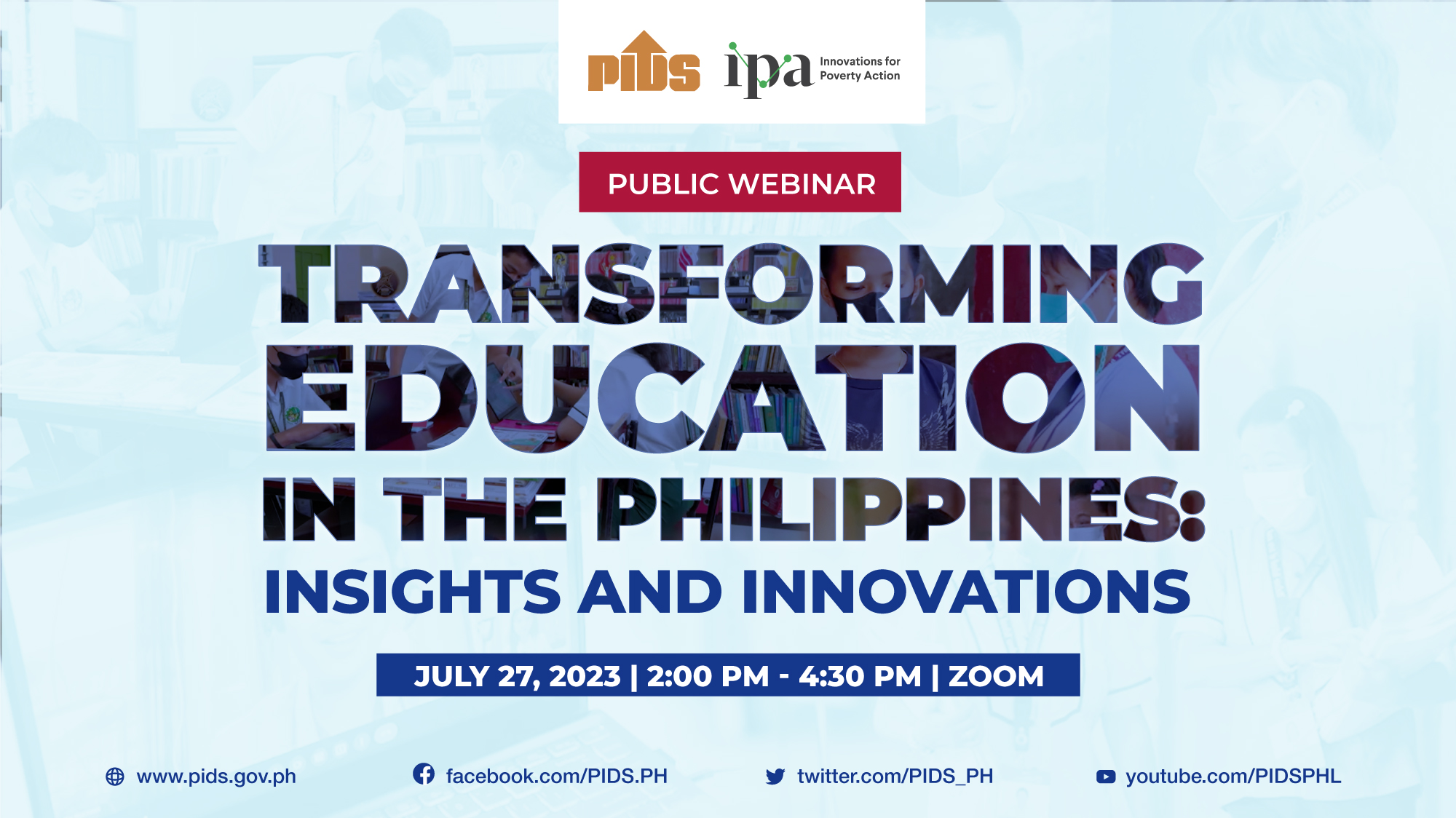EVEN BEFORE the coronavirus pandemic, the Philippine education sector is already plagued with a serious systemic problem that requires a systemic solution. Just look at the country’s global standing in providing quality education for students. It has been sliding in the previous years. This is evident in the outcomes of various national and international assessments such as the National Achievement Test (NAT) administered by the Department of Education (DepEd) and the Programme for International Student Assessment (PISA) conducted by the Organization for Economic Co-operation and Development.
The 2018 NAT results showed that the mean percentage score of Grade 6 students was at 37.4 percent” which suggested that “students, on the average, got half of the items correctly. Meanwhile, 15-year-old Filipino students scored lowest in reading and ranked second to the lowest in terms of science and mathematics in the 2018 PISA.
Aside from the PISA and NAT, the Philippine Informal Reading Inventory (Phil-IRI), also showed a gap of 0.2 percent in the reading skills of young elementary students. Although the Phil-IRI is not a standard tool, the result is consistent with the outcomes of other assessments which suggest that our kids are not having the proper reading skills.
How should these concerns be addressed?
Perhaps one is to ramped up the Special Education Fund. The improved resources of the Department of Education plus the conditional cash transfers could greatly contribute to increasing the access to primary education in the provinces.
Aside from putting more money into basic education, the government may also provide added incentives to teachers, and even barangays for their active participation in organizing and supporting their schools (for this, local governments can play a role). Yes, the crucial link here is the community. Once you mobilize the community, it goes a long, long way, even in the area of education.
It is important, too, to address the prevalence of stunting in the country, which is one of the root causes of poor academic performance. A study of the state think tank Philippine Institute for Development Studies found that one in every two children under the age of five suffer from stunting. Ages zero to five are the most crucial period in the mental and intellectual development of a child. Hence, government should prioritize poor mothers who cannot afford proper nutrients and maternal care during their pregnancies.
The Philippines’ march to progress could further be hastened if it has a well-educated citizenry.












